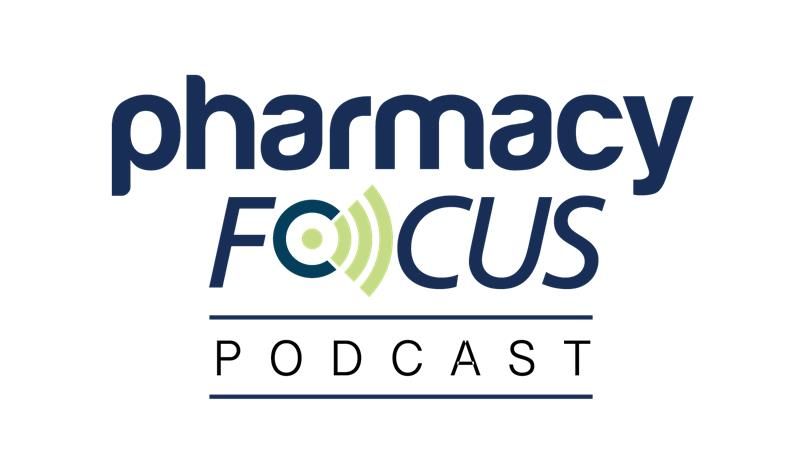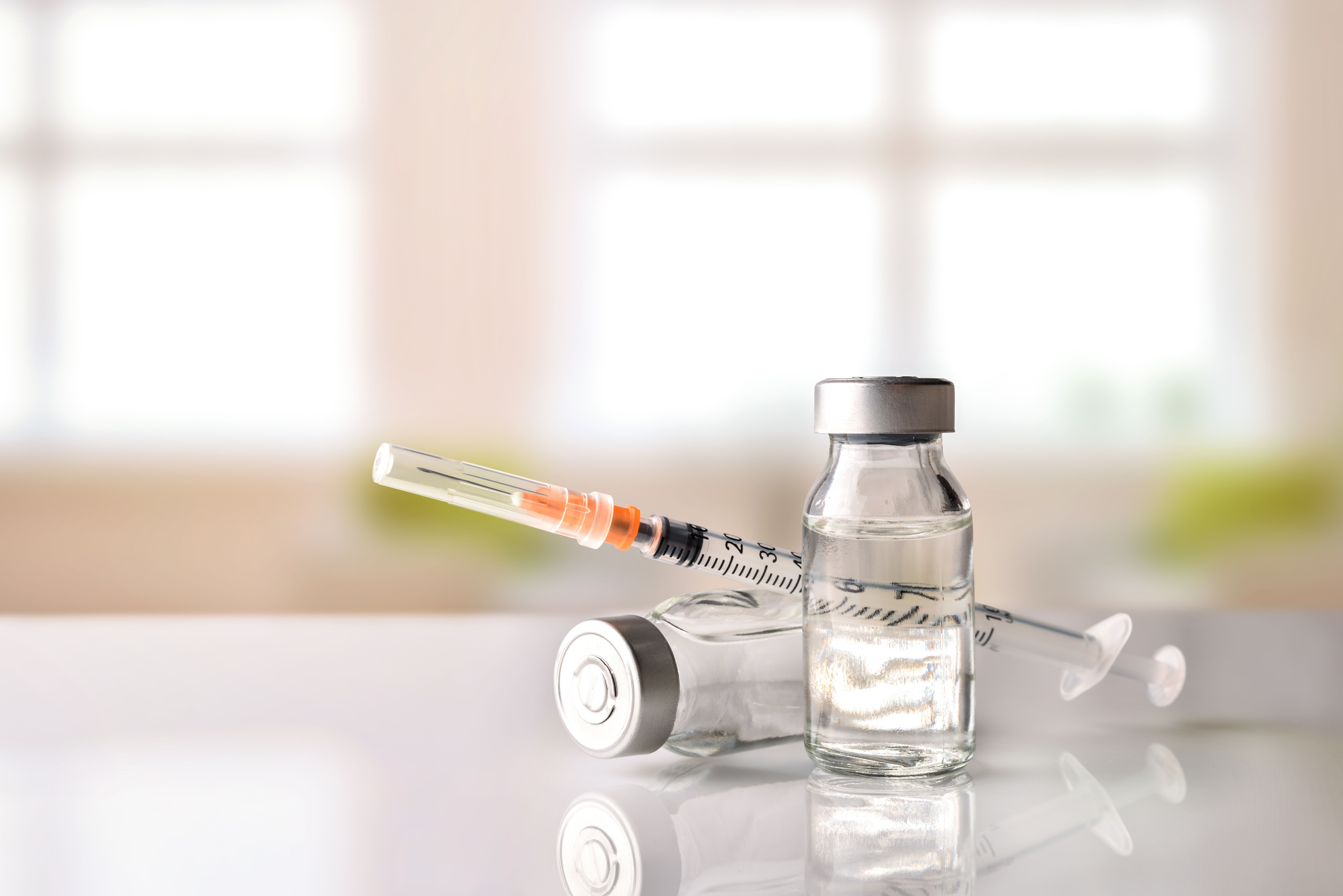Article
Investigational Diabetes Drug May Reduce Cardiovascular Events
Author(s):
Semaglutide was not shown to increase cardiovascular risks for patients with diabetes.
Prior to receiving regulatory approval, diabetes drugs must demonstrate cardiovascular safety in order to mitigate any additional risks. Recent trials have demonstrated the cardiovascular safety of other investigational glucacon-like peptide 1 (GLP-1) analogue drugs.
Findings from a new study published by the New England Journal of Medicine suggest that another investigational drug, semaglutide, also poses no additional cardiovascular risks to patients with type 2 diabetes. Semaglutide is a GLP-1 analogue with a half-life of approximately 1 week, which allows treatment with a once-weekly subcutaneous administration, according to the study.
The SUSTAIN-6 phase 3 trial was designed to evaluate cardiovascular safety associated with semaglutide compared with placebo. Included in the study were 3297 patients with type 2 diabetes who were randomized to receive either 0.5-mg or 1-mg of semaglutide or placebo.
The primary outcome was the first occurrence of cardiovascular death, nonfatal myocardial infarction, or nonfatal stroke, according to the study. At the beginning of the study, the researchers reported that 83% of patients had cardiovascular disease, chronic kidney disease, or both.
During the study, the investigators discovered that 2.9% of patients receiving semaglutide experienced a nonfatal myocardial infarction compared with 3.9% of patients receiving placebo. Nonfatal stroke was experienced by 1.6% of patients receiving semaglutide and 2.7% of patients receiving placebo.
The researchers found that cardiovascular-related deaths were similar between both treatment groups, but the incidences of new or worsening nephropathy was lower in semaglutide treatment arm.
Retinopathy complications, such as vitreous hemorrhage, blindness, or conditions needing treatment with an intravitreal agent or photocoagulation, were significantly higher among patients treated with semaglutide (hazard ratio, 1.76; 95% CI, 1.11 to 2.78; P = 0.02), according to the study.
The investigators also found that patients in the semaglutide treatment arm were less likely to experience adverse events, but were more likely to discontinue treatment due to adverse events.
Common adverse events related to semaglutide were typically gastrointestinal, but were typically mild-to-moderate in severity, the researchers reported. Patients experiencing these events were not likely to discontinue treatment.
Acute pancreatitis and gallbladder disorders were seen in both treatment groups, with a larger portion of patients in the placebo group experiencing these events.
Lipase and amylase levels were significantly higher among patients receiving semaglutide compared with those in the placebo group, according to the study. While the rate of malignant neoplasms was similar across all treatment groups, the incidences were higher among patients receiving a higher dose (1-mg) of semaglutide.
The researchers speculate that treatment with semaglutide may be beneficial due to a decrease in atherosclerosis, which may prevent certain cardiovascular-related outcomes in patients with type 2 diabetes.
Patients taking semaglutide had a 39% decrease in the risk of nonfatal stroke and a 26% decrease in nonfatal myocardial infarction compared with placebo, according to the study. The investigators also discovered similar risks between the 2 dosage groups.
The investigators concluded that patients receiving treatment with semaglutide had a 26% lower risk of mortality from cardiovascular causes, nonfatal myocardial infarction, or nonfatal stroke compared with patients receiving the placebo, thus demonstrating noninferiority, which was the primary endpoint of the trial.
Newsletter
Stay informed on drug updates, treatment guidelines, and pharmacy practice trends—subscribe to Pharmacy Times for weekly clinical insights.






